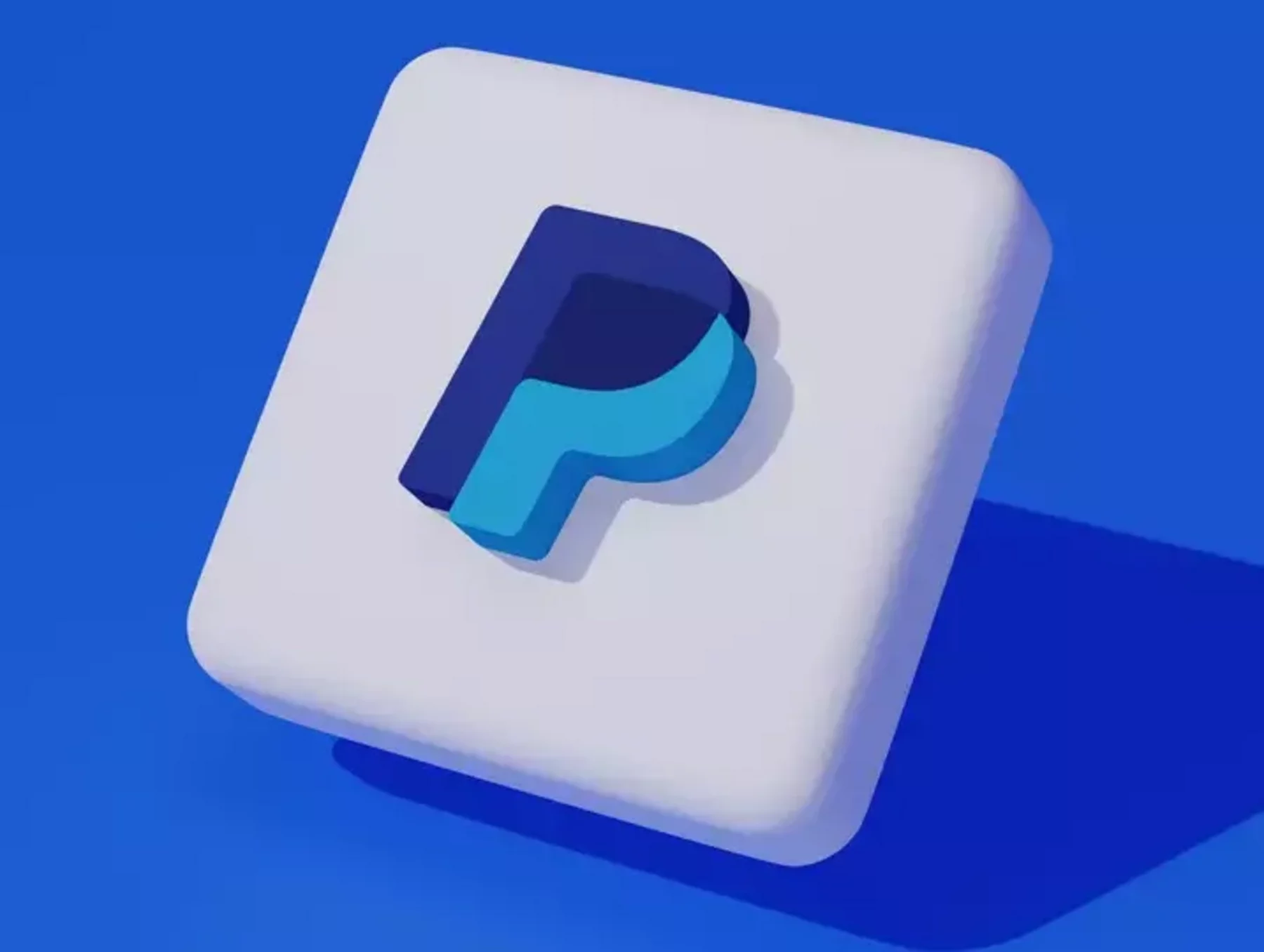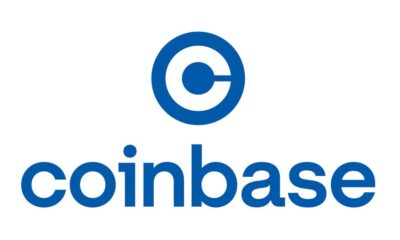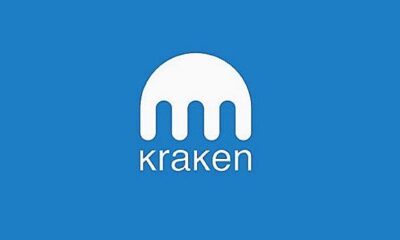News
PayPal expands PYUSD to Solana, targets payment use cases
PayPal has announced the expansion of payment use cases for its PayPal USD (PYUSD) stablecoin and Solana (SOL). This strategic expansion aims to enhance the utility and accessibility of digital payments, reinforcing PayPal’s commitment to integrating cryptocurrencies into mainstream financial services.
-

 Business3 days ago
Business3 days agoBitcoin mining stocks rocket 24% on macro climate, AI play: Analyst
-

 News3 days ago
News3 days agoFTX estate sues KuCoin to recover over $50M in assets
-

 Business3 days ago
Business3 days agoBhutan gov’t moves $66M of Bitcoin stash to Binance as price tops $71K
-

 Business3 days ago
Business3 days agoGemini crypto exchange receives preliminary approval in Singapore
-

 Business3 days ago
Business3 days agoApple rolls out Apple Intelligence, but fails to wow AI crowd
-

 Business3 days ago
Business3 days agoMeta is reportedly building its own AI-powered search engine
-

 Business3 days ago
Business3 days agoBitcoin hits $70K amid huge ETF inflow streak
-

 Business3 days ago
Business3 days agoCoinbase to sponsor NBA team in aftermath of FTX collapse































